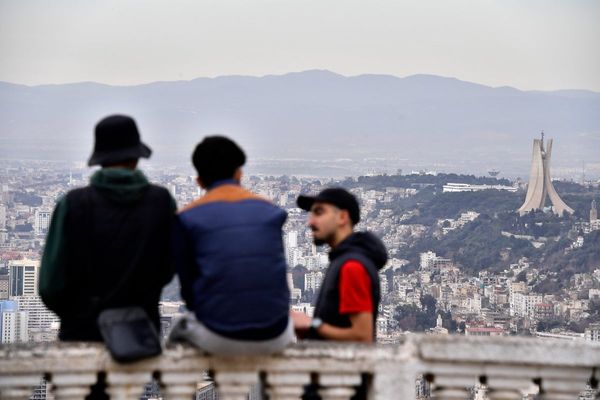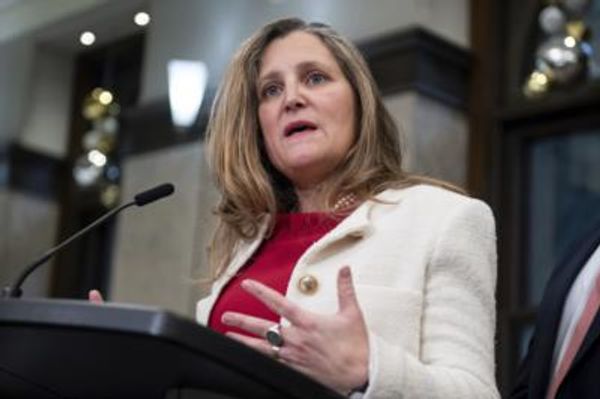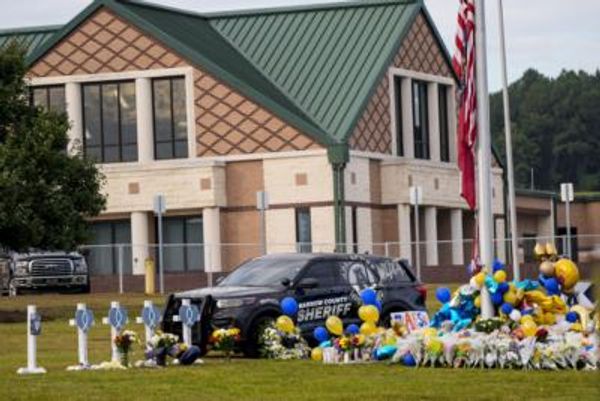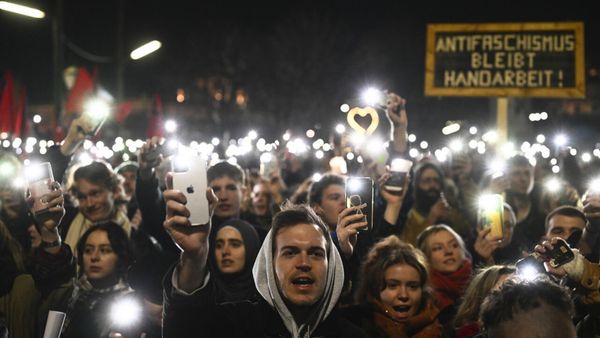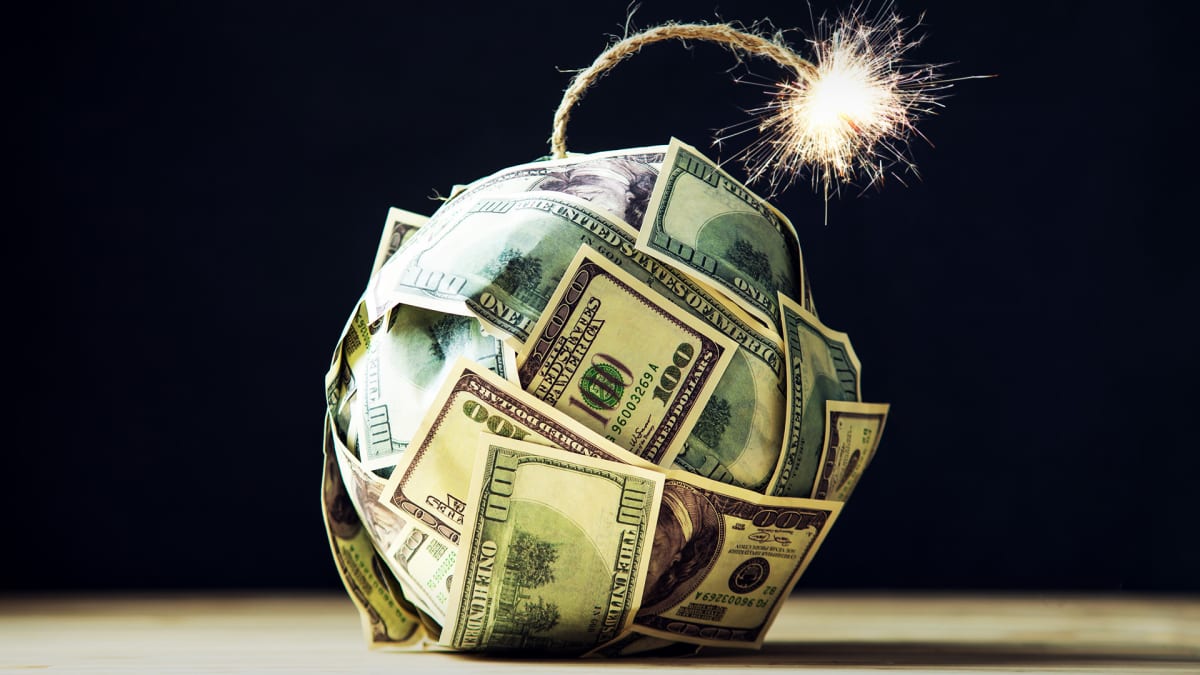
You’ve almost certainly experienced the unpleasant impact of higher food, gasoline and shelter prices this year. And things may not get better soon.
“Central banks and many other forecasters may be underestimating the risk of persistently high Inflation,” Jamie Thompson, economist at distinguished research firm Oxford Economics, wrote in a commentary.
“While our view is that inflation is likely to recede next year, the outlook is highly uncertain, with evidence underscoring the risk of a more gradual slowing.”
Consumer prices soared 8.2% in the 12 months through September.
“The longer inflation stays high, the more embedded it is likely to become,” Thompson said. “Surveys point to growing public awareness of price rises, accompanied by a perception that inflation is at record levels.”
Experts have noted that many people think inflation is even higher than it is.
With “some signs” of willingness by businesses to meet workers’ wage demands, “the risk of a wage-price spiral appears to be increasing,” Thompson said.
Inflation Expectations
“Polls like our own Global Risk Survey of businesses show near-term inflationary pressures feeding through to the level of inflation expected further ahead.” And inflationary expectations have risen since the pandemic began.
Surveys show that people’s “appetite for low inflation – and the painful measures required to bring inflation down – seems relatively limited,” Thompson said.
Nouriel Roubini, emeritus professor of economics at New York University, also sees inflation remaining a problem. He gained acclaim for predicting the housing crash of 2007-08.
Roubini is concerned that the Federal Reserve may abandon its interest-rate increases too soon. “Notwithstanding their hawkish talk, central bankers, caught in a debt trap, may still wimp out and settle for above-target inflation,” he wrote in a commentary on Project Syndicate.
“There is good reason to doubt their willingness to do whatever it takes to return inflation to its target rate in a world of excessive debt with risks of an economic and financial crash,” he said. The Fed’s inflation target is 2%.
No Soft Landing
The central bank is expected to raise rates by 0.75 percentage point next month to 3.75%-4%. But some experts believe it will slow its rate hikes afterward.
Meanwhile, Roubini is skeptical that the Fed will be able to engineer a soft landing, where it quells inflation without sending the economy into a recession.
Since World War II, there has never been a case where the Fed achieved a soft landing with inflation above 5% and unemployment below 5%, Roubini noted. Unemployment registered 3.5% in September, matching a five-decade low.
We aren’t in a recession yet, he said. But the data “point to a sharp slowdown that will grow even worse with monetary-policy tightening,” he said. “A hard landing by year’s end should be regarded as the baseline scenario.”
While some economists foresee a mild, short recession, Roubini doesn’t. Rather he expects a “protracted stagflationary debt crisis.”
